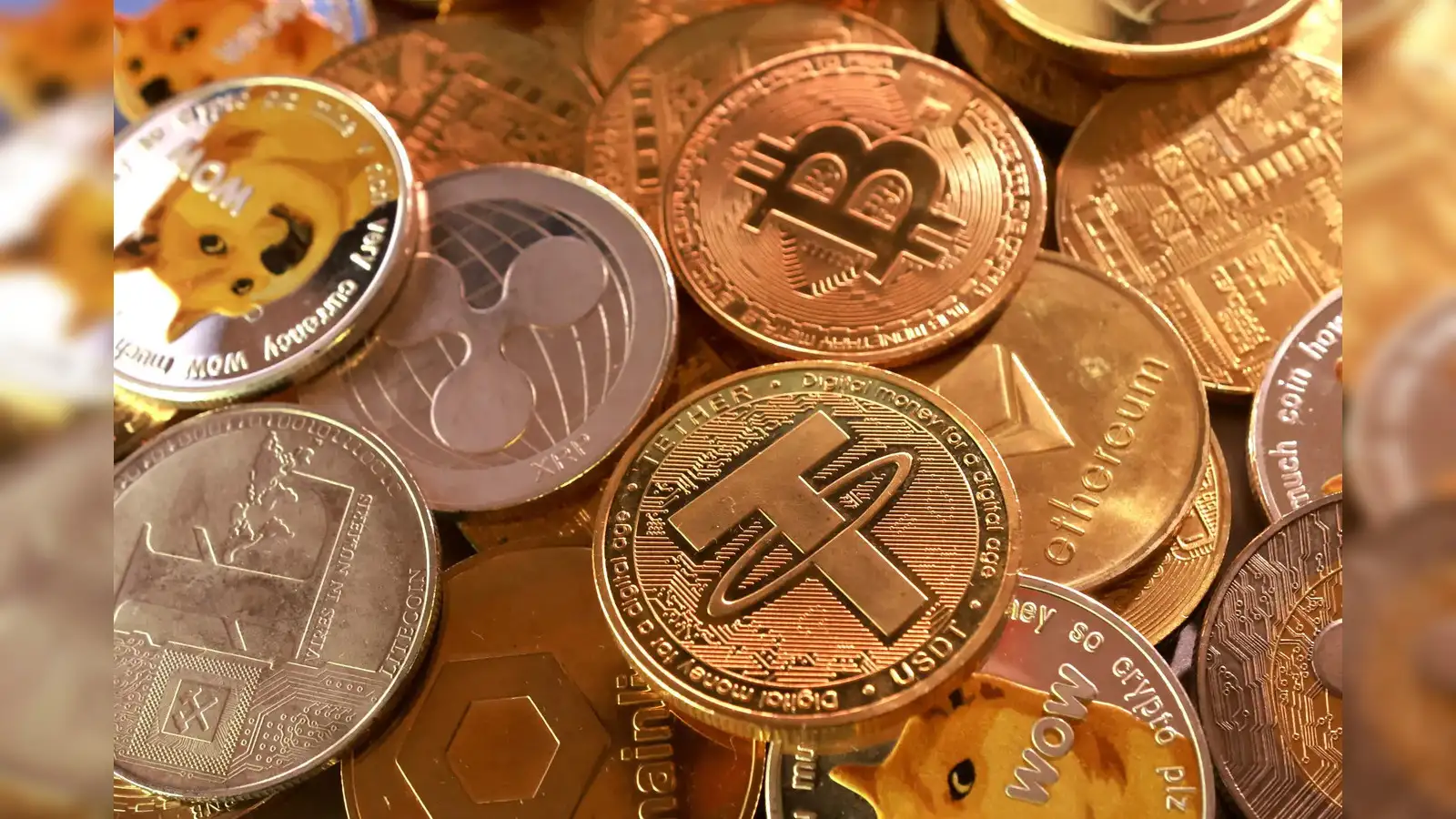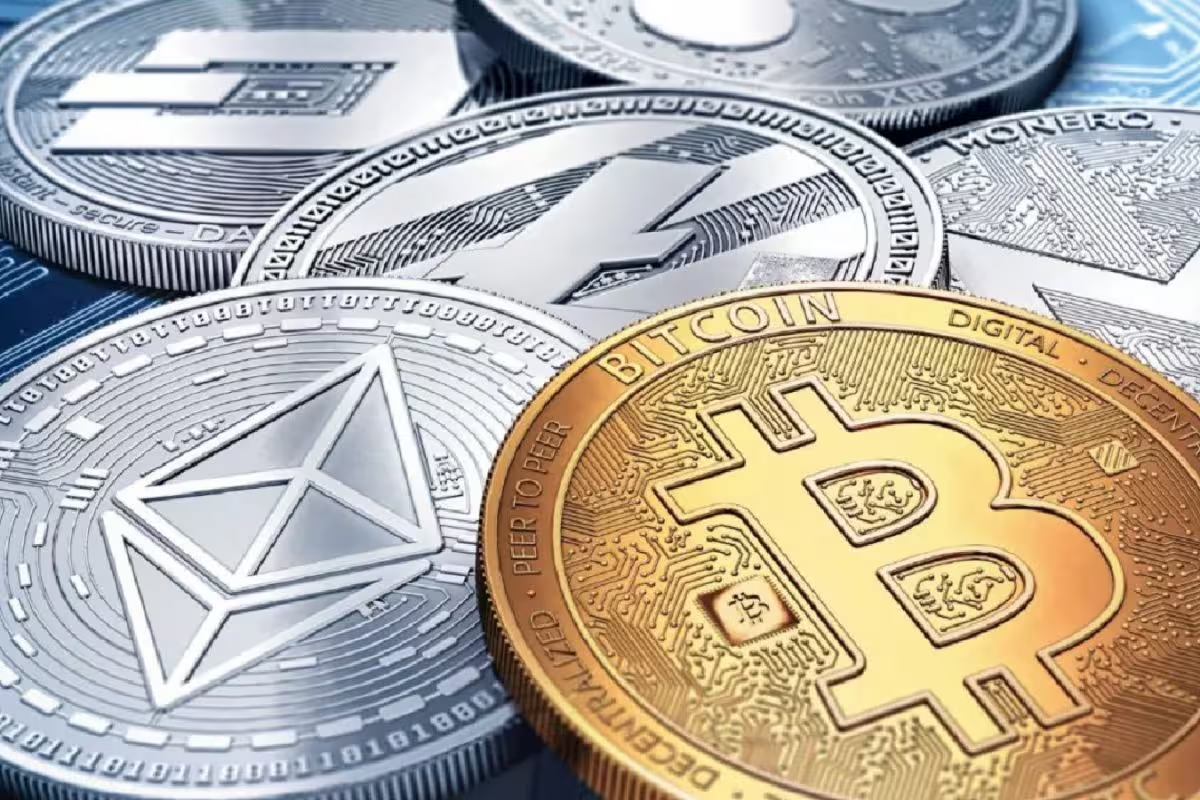Now Reading: India’s Crypto Crackdown: Why Offshore Exchanges Are Under the Scanner
-
01
India’s Crypto Crackdown: Why Offshore Exchanges Are Under the Scanner
India’s Crypto Crackdown: Why Offshore Exchanges Are Under the Scanner

India is stepping up its regulation of offshore cryptocurrency exchanges, marking a significant shift for millions of Indian traders who rely on these global platforms. The government’s focus is clear—bring transparency, ensure compliance with anti-money laundering laws, and prevent unregulated capital flow through digital assets. For investors in Tier 2 cities, this tightening grip could reshape how they trade and store crypto in the coming months.
The Financial Intelligence Unit (FIU) has started identifying and warning exchanges operating without proper registration under India’s Virtual Digital Asset (VDA) framework. This move targets offshore platforms that allow Indian users to trade without following local KYC and reporting norms. Exchanges such as Binance, KuCoin, and others have been asked to comply or face restrictions. The message is simple—if you serve Indian users, you must play by Indian rules.
For users in smaller cities, the impact could be immediate. Many prefer offshore exchanges for better liquidity, more token options, and sometimes lower transaction fees. But with increasing scrutiny, access to these platforms could become limited or completely blocked. Domestic exchanges, on the other hand, might see a rise in new users, giving them a chance to expand services and improve security standards.
However, experts believe this crackdown is not meant to stifle crypto activity but to make it safer. The unregulated use of offshore platforms exposes investors to higher risks—ranging from scams and data breaches to sudden fund freezes. With clearer regulations, the government aims to protect users while maintaining control over financial flows.
The shift may also push Indian exchanges to innovate. Better user education, more transparent trading systems, and compliance with global standards can help build trust in local crypto ecosystems. But the transition won’t be easy—many users may struggle with migration issues, technical challenges, or taxation confusion.
In the bigger picture, India’s firm stance reflects its intent to balance innovation with regulation. Cryptocurrencies are not being banned; they are being brought under watch. For traders in Tier 2 cities, the best move now is to stay updated, use compliant platforms, and avoid shortcuts that might look profitable but invite trouble later.

























